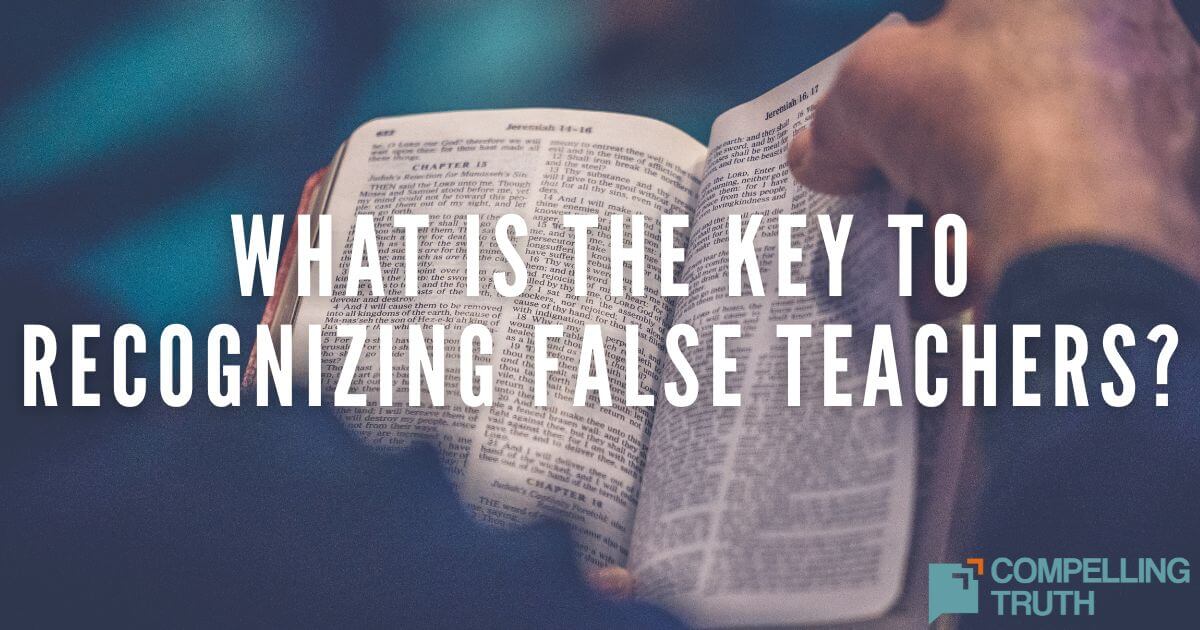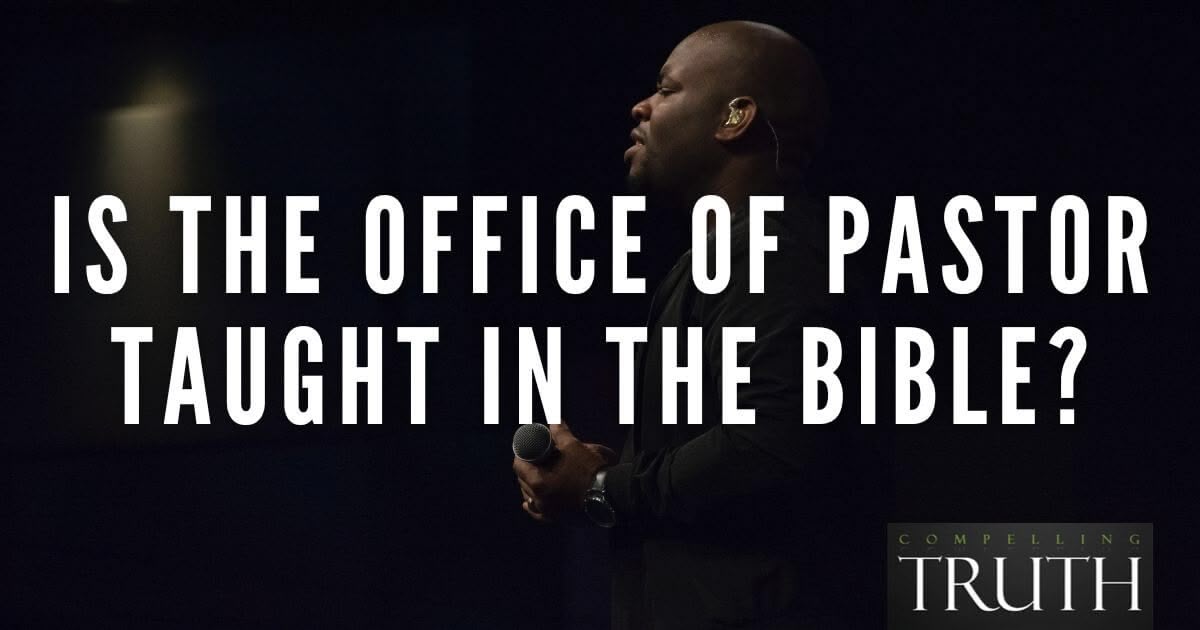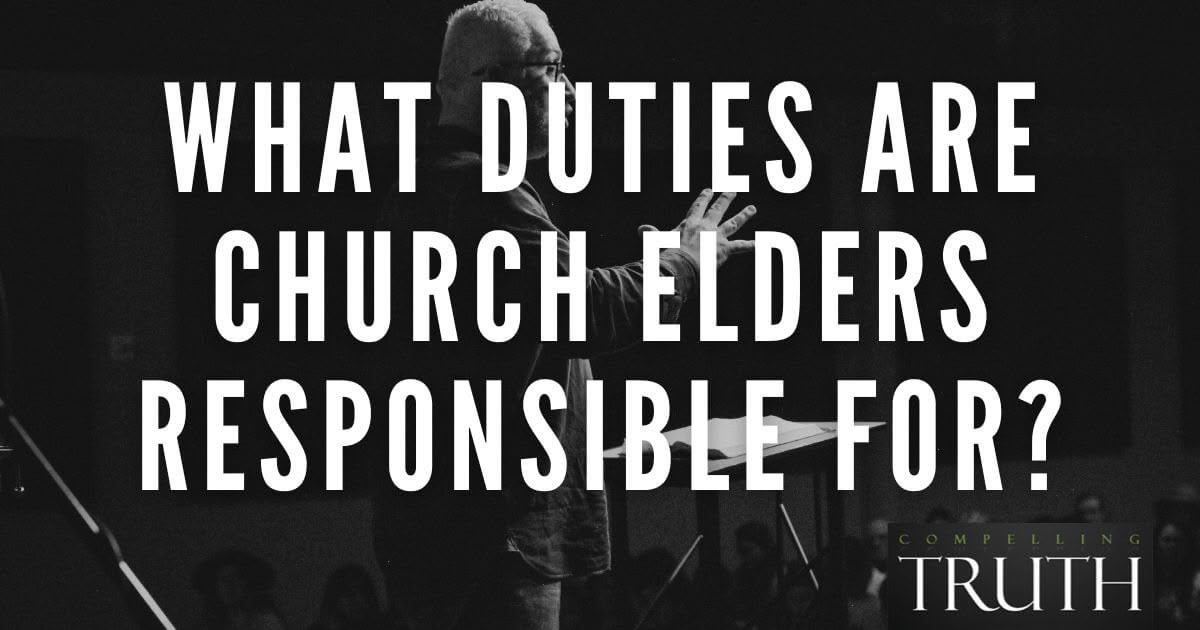what does the bible say?
The Old Testament prophets spoke God’s messages, called people to repentance, and foretold future events, including the Messiah’s coming (Deuteronomy 18:18-19; Isaiah 7:14). Prophets also helped establish the early church, alongside apostles, as part of its foundation (Ephesians 2:20). But now that the Bible canon has been closed, there is no more need for prophets in the church today– at least not prophets in the same sense as the ones God called in the Old Testament. Any modern claim to prophecy must be in accordance with Scripture, as God’s revealed Word remains our ultimate authority. Though there may not be prophets in the same sense today as in the history of Israel and the early church, bold truth-tellers who call people to faithfulness are still needed.




